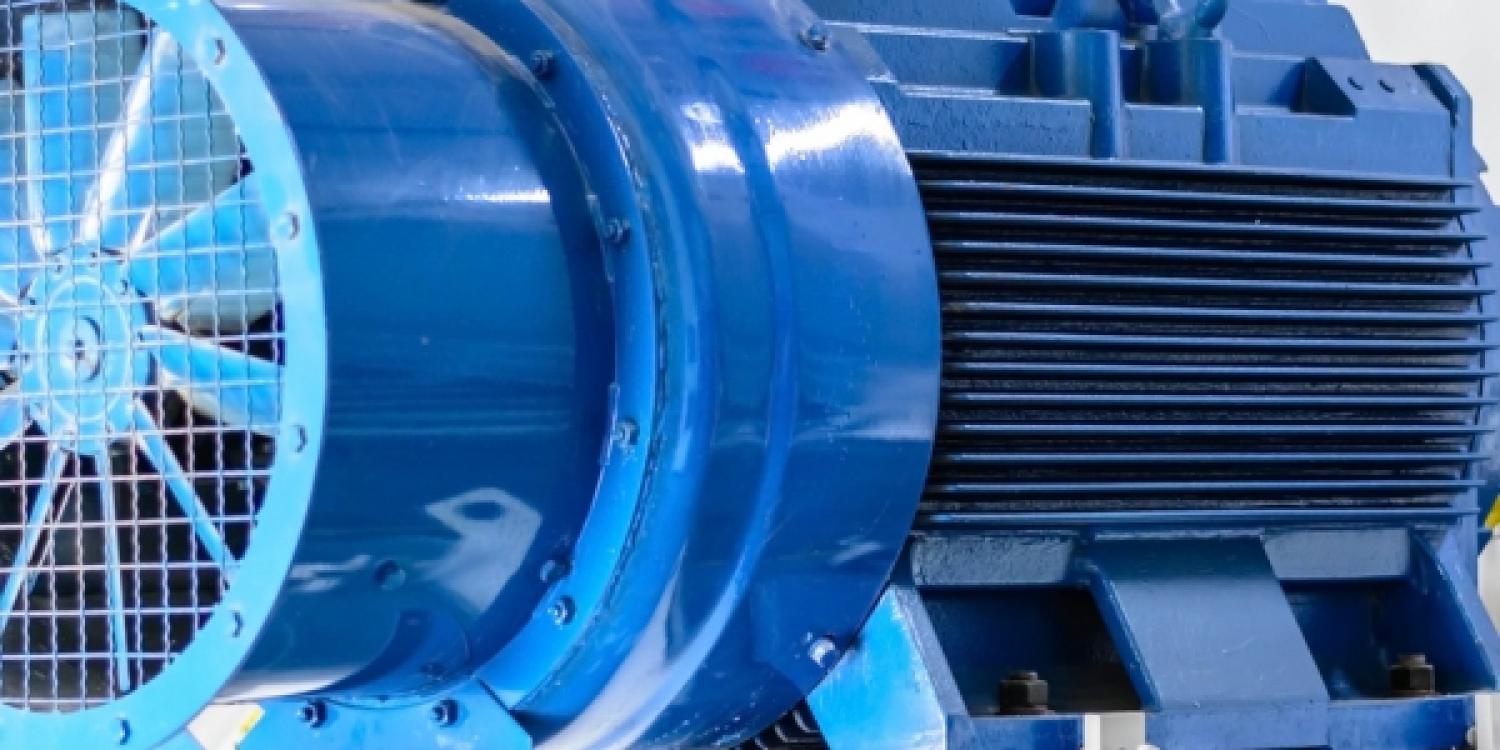Maintenance measures on refrigeration plants

Information
Refrigeration is a process of mechanically cooling or reducing the temperature of a space, product or process. In some industries, such as chemical producers or the food and drink sector, refrigeration accounts for a significant proportion of overall energy costs. Against these costs, even a small reduction in refrigeration energy use can lead to noteworthy cost savings.
A regular service on refrigeration systems leads to:
- Increased energy efficiency
- Reduced operating costs
- Contributions to the environment
- Safeguarding of functionality
- Increased service life
In a two-year study comparing refigeration units that are well serviced to those where no maintenance has taken place, energy efficiency dropped by 45 % in smaller plants (10-20 kW cooling capacity) and 25 % in larger plants (500-1 000 kW cooling capacity).
The following maintenance measures should be carried out regularly:
- Cleaning of condenser and evaporator surfaces as well as piping systems
- Optimum setting of temperature and pressure sensors
- Ensuring functionality of control modules
- Optimum setting of the plant, especially the evaporating and condensing temperatures
- Checking of condenser fan and pump condition
- Checking the condition of insulation
- Leak test of all pipes and apparatus
- Checking and servicing compressor units regularly
Regular inspections of the refrigeration systems are also part of a good maintenance regime, providing valuable information about the plant and identifying measures to increase energy efficiency.
The following aspects should be considered during regular inspections:
- Checking the liquid line sight glass, if possible, to ensure levels
- Paying attention for debris/dirt build-up on the condenser and evaporator fins and ice build-up on the evaporator (to prevent heat loss)
- Listening for excessive noise coming from compressors or fans (maybe the bearings have to be replaced due to wear or the fan is loose on the motor)
- Checking evaporators and condensers for damaged/corroded fins
Furthermore, the following measures should be investigated during the process-design procedure:
- Prevention of resistances and pressure losses in the process due to cooling system design issues
- Use of droplet separators and cooling tower installations with low resistance
- Modulation of air and water flow when variable operation is required